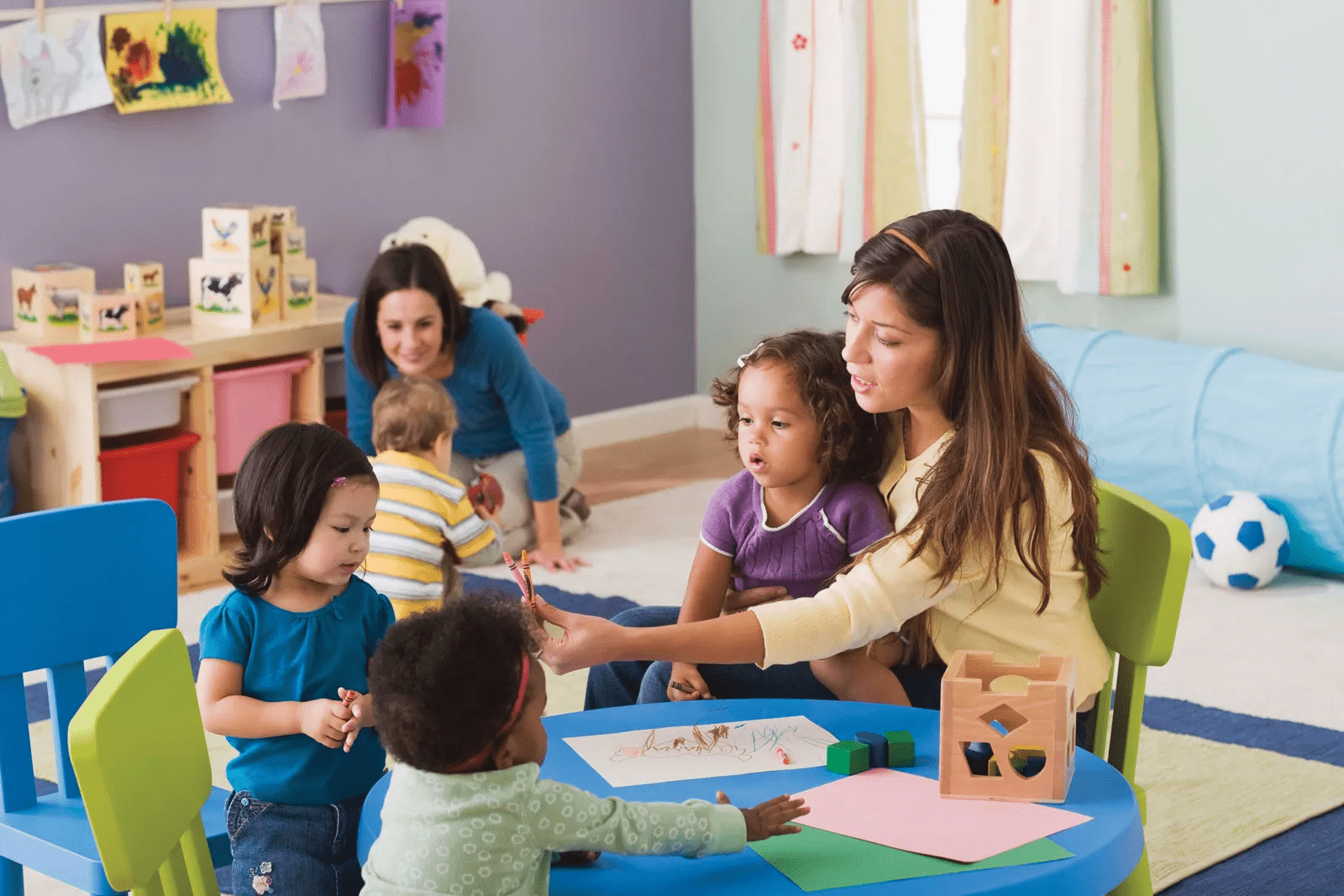Infant daycare plays an important role in a child’s early childcare and education, providing a nurturing environment for their growth and learning. As a parent, deciding when to start daycare for your infant and how to choose the best facility can be a big decision. Let’s explore the considerations involved in selecting the best infant care specialist in Brabham, WA, and understanding when your child is ready to begin daycare.
When to Start Infant Daycare
It’s up to you when you’d like to start infant daycare for your baby. The ideal time to start daycare for your infant depends on various factors, including your family’s needs, the child’s behavior, and your work schedule. Here are some key points to consider:
1. Parental Leave Schedule:
Many parents opt to stay home with their newborn during the initial weeks or months. This bonding time is invaluable for both parent and child and can set a strong foundation for later transitions to daycare.
2. Developmental Milestones:
Consider your child’s developmental milestones, such as reaching a stable feeling and sleeping routine, social interaction signs and being comfortable with short separations from parents or caregivers. These indicators can help you determine the child’s readiness for infant daycare.
3. Your Work Schedule:
Evaluate your work schedule and childcare needs. If you’re returning to work or need regular childcare assistance, starting infants daycare earlier may be necessary. However, ensure the chosen daycare center aligns with your values and provides the level of care and stimulation your infant requires.
How to Choose the Best Infant DayCare Specialist
Choosing the best daycare center for your infant involves thorough research and consideration of various factors. Here are steps to guide your decision-making process:
1. Research and Recommendations:
Begin by researching daycare centers near by you, and seek recommendations from other parents, friends, and online parenting communities. Referrals often provide valuable insights into the quality of care and services offered.
2. Visit and Observe:
Schedule visits to shortlisted daycare centers to observe their environment, cleanliness, safety measures, and staff interactions with children. Pay attention to the facilities’ organisation, age-appropriate toys and activities, and overall atmosphere conducive to learning and play.
3. Qualification of Educators:
Inquire about the qualifications and experience of the daycare center’s staff, particularly those directly interacting with infants. Look for certified early childhood educators, knowledge of infant care practices and a nurturing approach to child development.
4. Curriculum and Activities of Infant Daycare:
Ask about the daycare’s curriculum designed for infants, including their activities that promote sensory exploration, cognitive development, and socialization. A well-rounded program should include movement, sensory play, outdoor time, and opportunities for individualized attention.
5. Safety Measures at Daycare:
Ensure the daycare center prioritizes safety with secure premises, childproofing measures, updated health and hygiene protocols, and permissions and licensing regulations and standards. Ask about emergency procedures and staff training in first aid.
6. Parental Involvement in Childcare Centre:
Consider the level of parental involvement encouraged by the daycare center. Look for open communication channels, parent-teacher partnerships, and opportunities to participate in your child’s daily activities and progress assessments.
Conclusion
Choosing the best infant daycare for your child involves thoughtful consideration of their developmental readiness, your family’s needs, and the quality of care provided by daycare centers. By researching, visiting, and assessing potential options based on safety, curriculum, staff qualifications, and parental involvement, you can make an informed decision that ensures your infant receives the nurturing care and stimulation they need for healthy growth and development.






